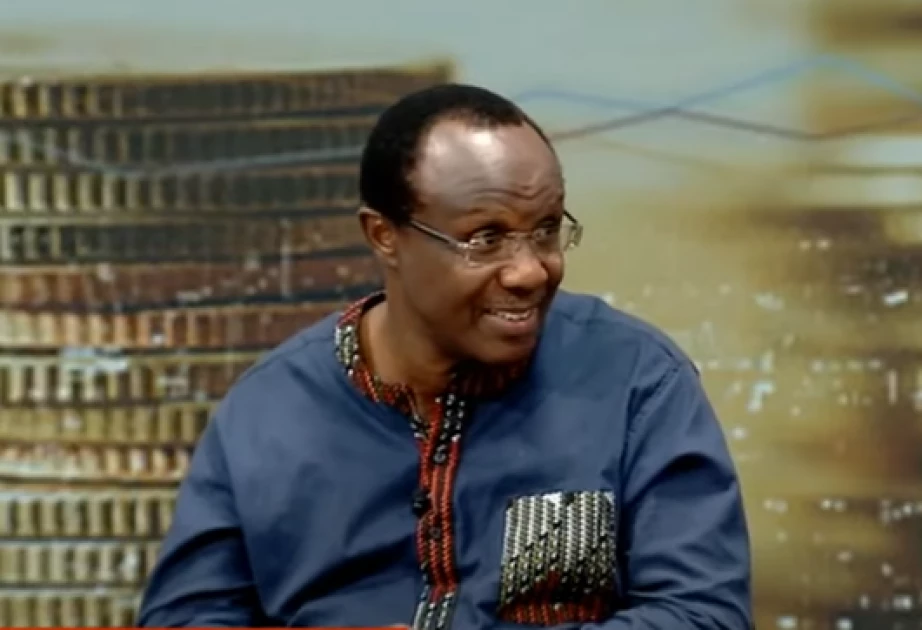‘Kenya was headed where Ghana is,’ David Ndii on the State of the economy


Audio By Vocalize
The Chairperson of
President William Ruto’s Council of Economic Advisors, David Ndii now says that
the Kenyan economy was headed to its collapse stage before the Kenya Kwanza government took over.
Speaking on Citizen TV’s News Night Show on Tuesday, Ndii cited the past few months,
saying that Kenya was being compared to the likes of Ghana and Sri Lanka, adding that some
African countries had begun predicting the country's financial downfall.
“People may not appreciate the fact that we were actually headed where Ghana is, on the way to where Sri Lanka went before,” Ndii said.
“We are one of the countries that were looking financially fragile. We are very heavily extended in the financial markets borrowing the Euro bond… If you listened to the international commentaries, people were saying we are the next Ghana. A senior World Bank official told me in December that we are seen as the next Ghana.”
Ndii mentioned the ballooning debt in the country and the weakening currency as some of the indicators of financial deflation in the country.
He attributed the weakening shilling to the impact of the growing dollar which he said was disadvantaging the Kenyan currency in the international market.
“There was a very sharp rise in the U.S interest rates in the last quarter from like 4.5%. It is the sharpest increase in the US since it was established, and that is a huge financial shock because the U.S. treasury is earning close to 5%. The dollar is strengthening, all the money is headed that way...your currencies are weakening,” he said.
However, Ndii noted that President Ruto’s administration was committed to ensuring exponential growth in the market by maintaining a balance in the international market borrowing and pushing for sustainable programs which do not strain the government to incur more debt.
According to Ndii, the government's move to remove subsidies on food but instead subsidizing fertilizers is part of the long-term plan to mitigate the cost of living and fulfil campaign pledges which focused on dairy farming, seasonal crops and settling pending bills.
“We believe we are on the recovery. Our growth has been driven by public spending and mostly public infrastructure spending which is debt-financed. The reason for the austerity program is so that government can pull back and once we pull back, we stop crowding the private sector from the credit market,” he said.
“The market exposure means that the real risk comes when there is time to roll over your bonds. We don’t have big maturities in the market for another year.”
On why most countries across the world rely on the International Monetary Fund (IMF), Ndii underscored that IMF existed to help countries alleviate severe cases of financial stability just as in the case of Kenya.
“IMF is an insurance policy, nobody goes there when they are doing good. But if the IMF is not there, then it is over the cliff…you are in very severe distress,” he said.
“IMF was created to maintain global financial stability just as the Central Bank plays locally in terms of regulating banks. If IMF wasn’t there every time there is a country that defaults on its payment, all of us get affected.”


Leave a Comment